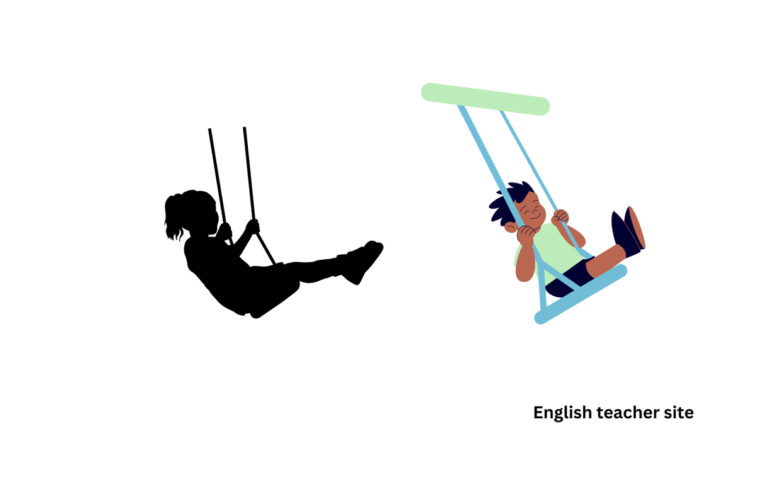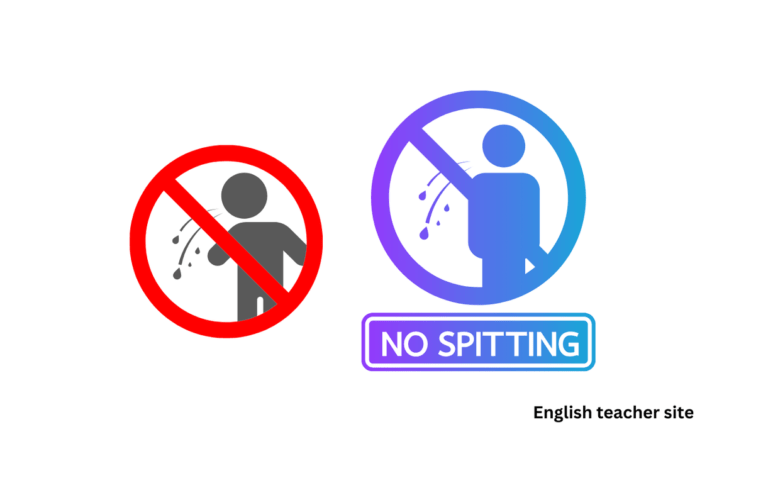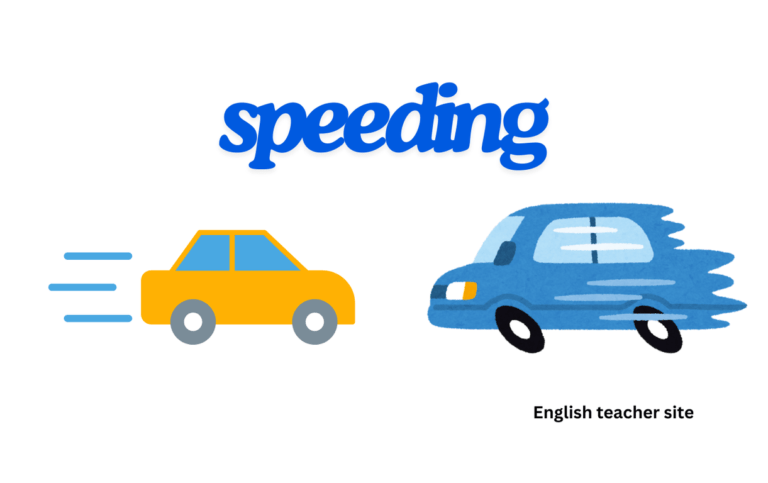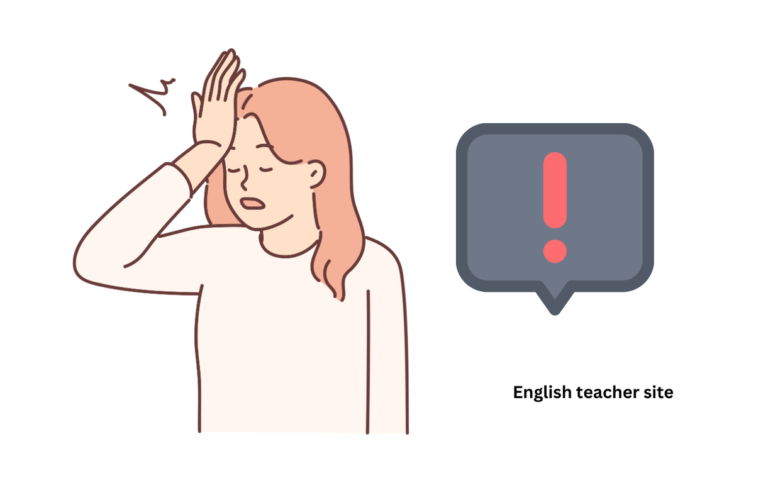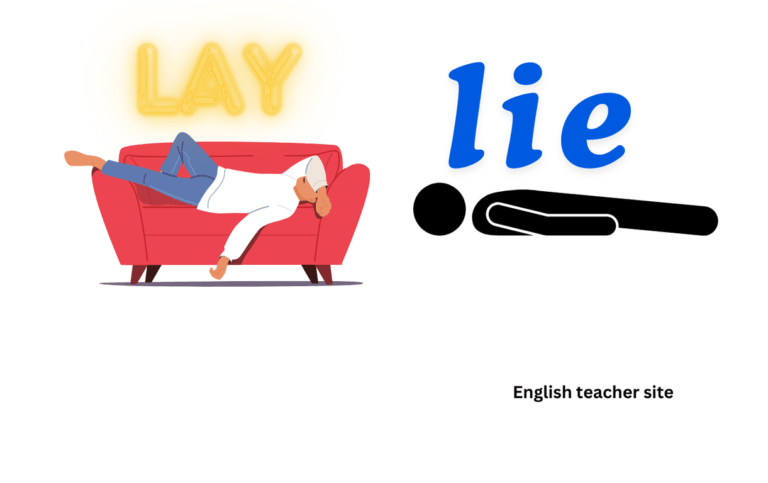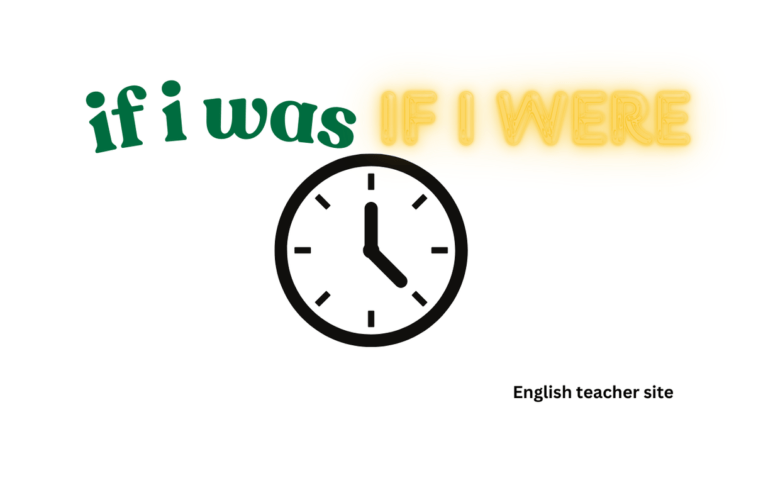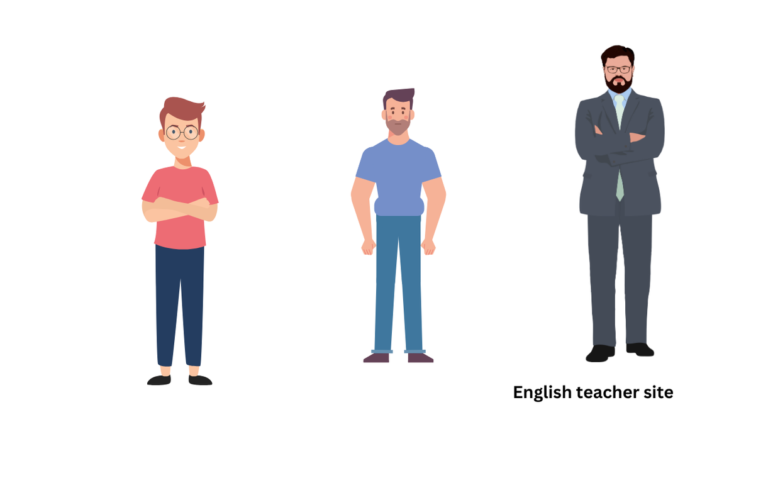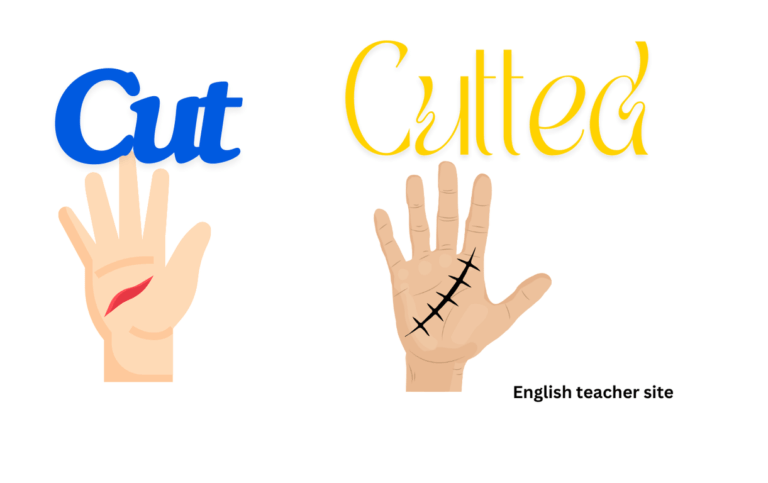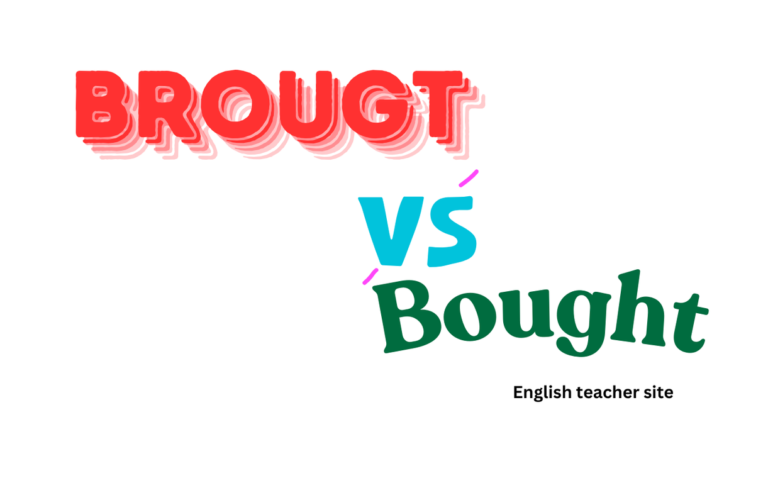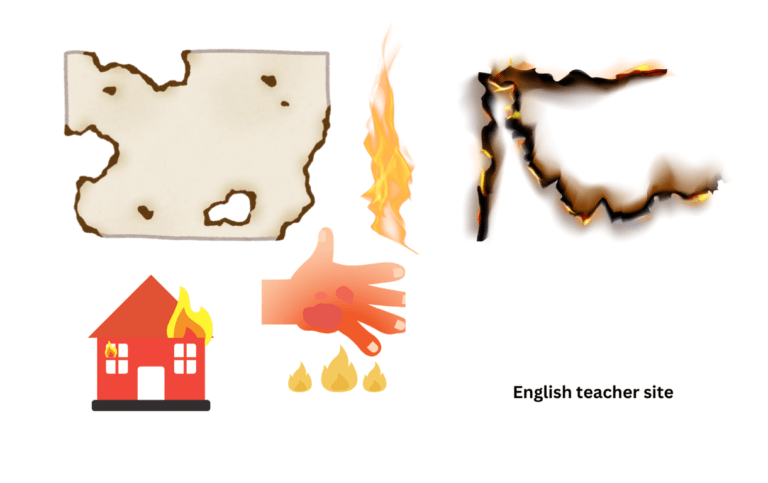Confused by the Past Tense of Swing? Get the Facts Here
The Mystery of Swing in the Past Tense The past tense of “swing” often leaves many people scratching their heads, unsure of whether to use “swinged” or “swung.” This confusion arises because English grammar follows certain patterns with verb conjugation, but “swing” is an irregular verb, and it does not conform to those patterns. In…

